Muinmos Voices: An Interview with Michael Thirer, Legal Director
In this edition of Muinmos Voices, we sit down with Michael Thirer, Legal Director at Muinmos, to explore his thoughts on the company’s innovative approach to regulatory technology and client onboarding.
Michael shares his unique perspective on how Muinmos centralizes complex legal frameworks and transforms them into actionable, user-friendly solutions for the financial industry. He also discusses the growing trend of agile, outcome-focused regulation and what it means for financial institutions today.
Read on to discover how Michael views the future of client onboarding, the evolving regulatory landscape, and even a personal passion outside of work that might surprise you.
What do you most enjoy about working at Muinmos?
4,100 years ago, in the heart of Mesopotamia, someone had an idea – to write all the laws of the land on large clay tablets and place them in central spots in the marketplaces.
This solved two problems – first, it took the laws out of the chambers of clerks and clergy and into the public domain; and second, it centralised them, creating the first codex known to man, the Code of Ur-Nammu.
Muinmos solves two similar problems. The laws related to, among other things, client classification, suitability and appropriateness, are scattered across numerous jurisdictions; and they are also hard to use in the context of modern online trading.
Luckily someone, about 12 years ago, had the idea to put these legal codes into computer code, and thus centralising them, bringing them into the public domain, and making them usable.
And that is the main thing I like about working at Muinmos (well, apart from the mundane “the colleagues, the atmosphere and the coffee machines” response) – I like the idea of working at a place that takes legal code and puts it into computer code, creating a working, operable codex, that also safeguards investors and makes the markets safer.
What trends are you currently seeing in terms of client onboarding requirements?
First, it is important to say there is a very significant trend in the regulation itself these days – Agile Regulation, and more specifically Outcome-focused Regulation.
This is, in many ways, a counter-reaction to fast, wide-scale disruptive technologies such as Gen AI and Crypto, which made it very hard for regulators to keep up with technological changes.
This type of regulation, as its name suggests, focuses on the desirable outcome of a certain regulated process, rather than prescribing the measures required in order to comply.
A prime example of this is the UK “Consumer Duty” and the US Regulation Best Interest, with more jurisdictions to follow like the NZ fair conduct regime that will be applied (pending current reforms) next year, and more.
What is positive about this type of regulation, from the financial institution’s point of view, is that it does not limit it to a certain process or method, and lets it shape its own compliance processes and procedures, in the manner that is most efficient and suitable to its needs.
The 2 main burdens on institutions in this new model of regulation would be the burden of proof and the ability to change models of operation on the basis of data or regulatory requirements. Institutions will have to prove to the regulators they are operating in the client’s best interests. This means they will have to have data abundantly and immediately available to them, and will need to be able to make small or big changes quickly on the basis of that data.
So the current trend in compliant onboarding is flexible systems, easily configurable (“no code configuration”), which can provide good insights, and therefore are suited to this new regulatory landscape.
Tell us one thing about yourself that people may not know
A couple of years ago my friends and I started a basketball club in the small town of Billund, Denmark, where I currently coach U15 basketball. I love seeing the kids have fun, play together, and grow as a team. I love drawing a play and seeing it work in the game.


